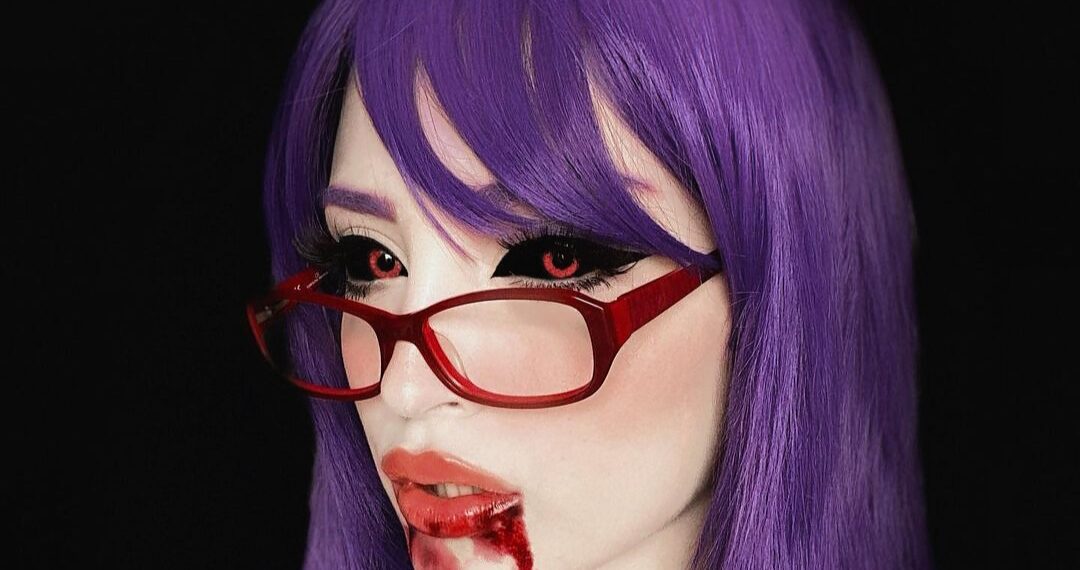A proposed law in Texas, known as Senate Bill 20 (SB-20), has ignited a firestorm of controversy within the anime, manga, and cosplay communities. The bill aims to criminalize the possession or promotion of obscene visual material that appears to depict minors engaged in sexual conduct, explicitly including cartoons, animations, and images created using artificial intelligence or other computer software. citeturn0search2
The broad language of SB-20 has led to widespread concern among cosplayers, particularly those who portray underage characters from anime and manga. Critics fear that individuals participating in such cosplay could be at risk of legal action if their portrayals are deemed obscene under the new law. This has sparked a heated debate over the balance between protecting minors and preserving freedom of expression.
Implications for Cosplay and Fan Communities

Legal experts have raised questions about the constitutionality of SB-20, suggesting that it may infringe upon First Amendment rights. They argue that the bill’s vague definitions could lead to subjective interpretations, potentially criminalizing a wide range of artistic expressions. This concern is compounded by the fact that anime and manga often feature characters who, while fictional, are depicted as minors in various contexts.
The proposed legislation has elicited strong reactions from both supporters and opponents. Proponents argue that the bill is necessary to protect children from exploitation and to address the proliferation of AI-generated explicit content. Lieutenant Governor Dan Patrick emphasized the importance of updating laws to keep pace with technological advancements, stating that steps must be taken to protect Texans, especially children, from harmful computer-generated content.
Community Response and Ongoing Debate

Opponents, however, contend that the bill’s overreach could lead to unintended consequences, stifling creativity and criminalizing fans and artists who engage with anime, manga, and cosplay. They call for more precise language in the legislation to ensure that it targets actual exploitation without encroaching on protected forms of expression.
As SB-20 moves through the legislative process, it remains to be seen how these debates will influence its final form and implementation. The outcome will have significant implications not only for Texas residents but also for the broader conversation about media, art, and the boundaries of lawful expression in the digital age.




